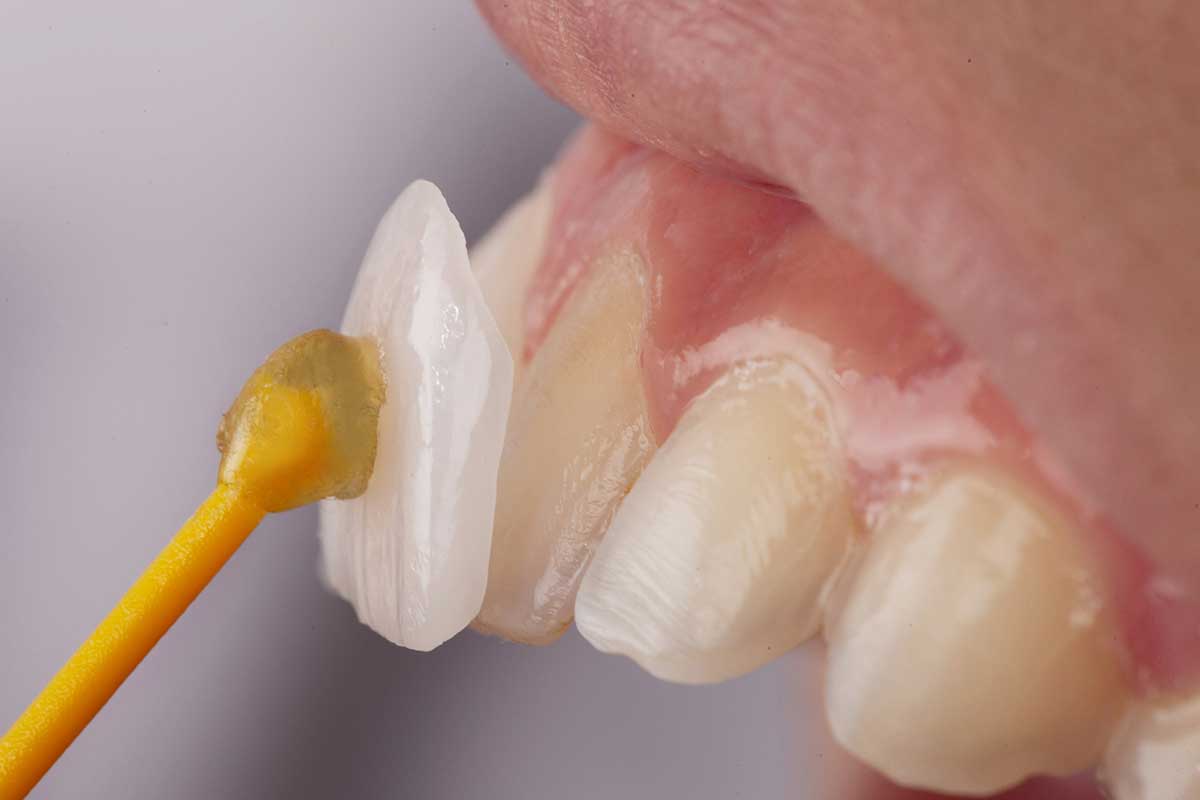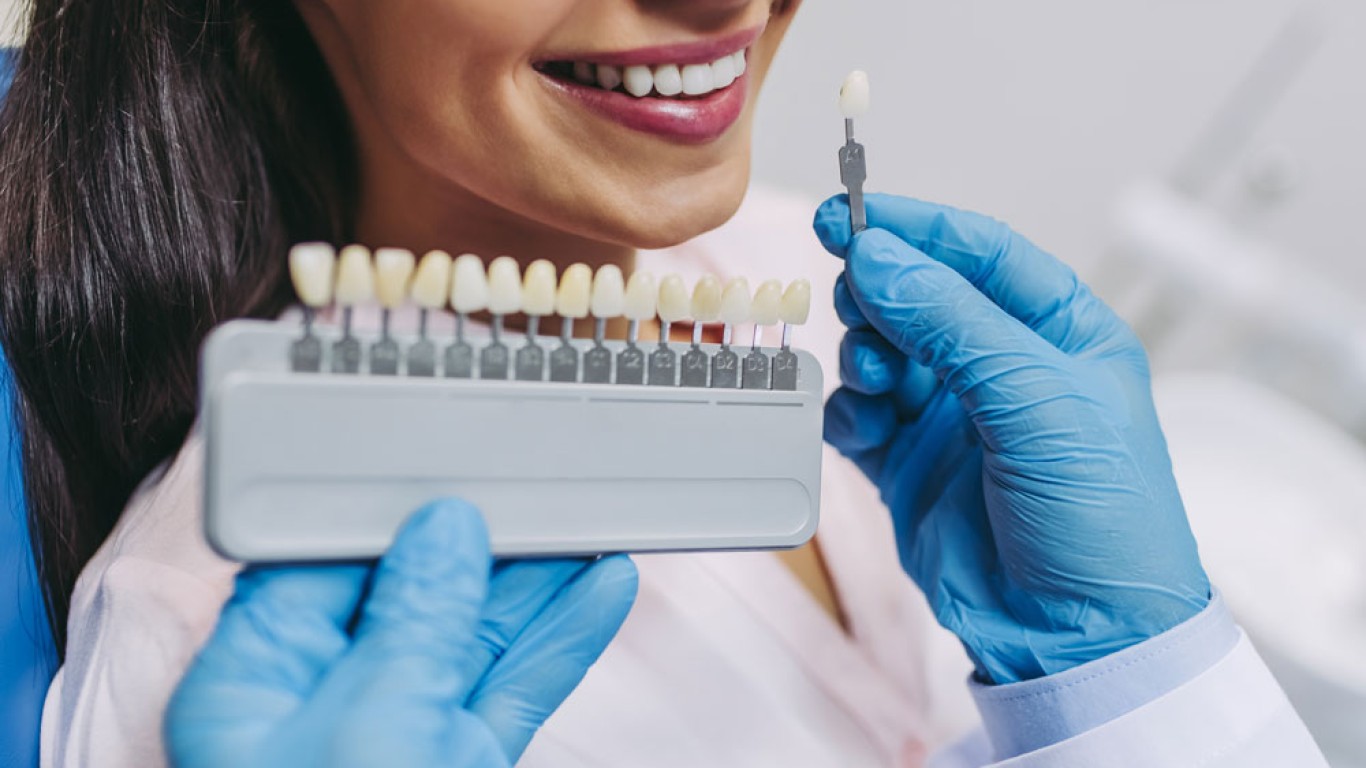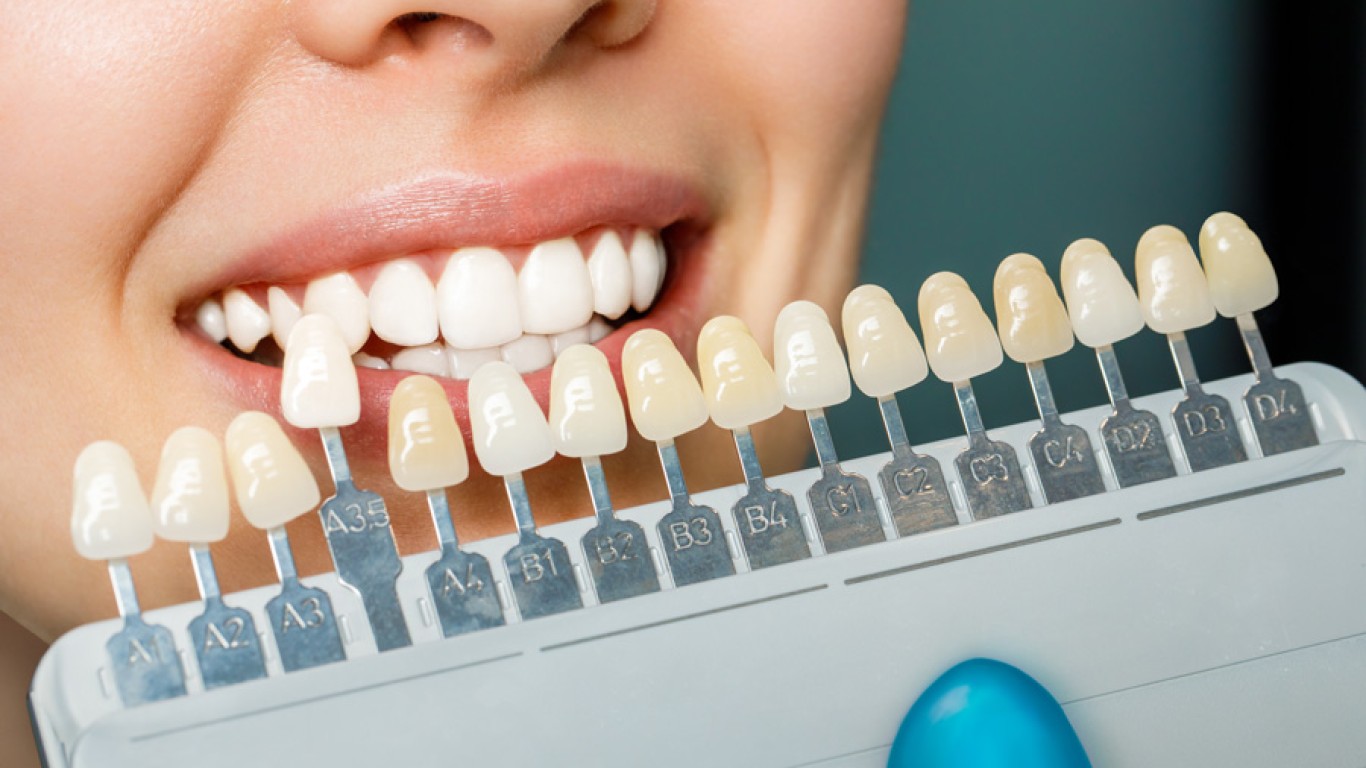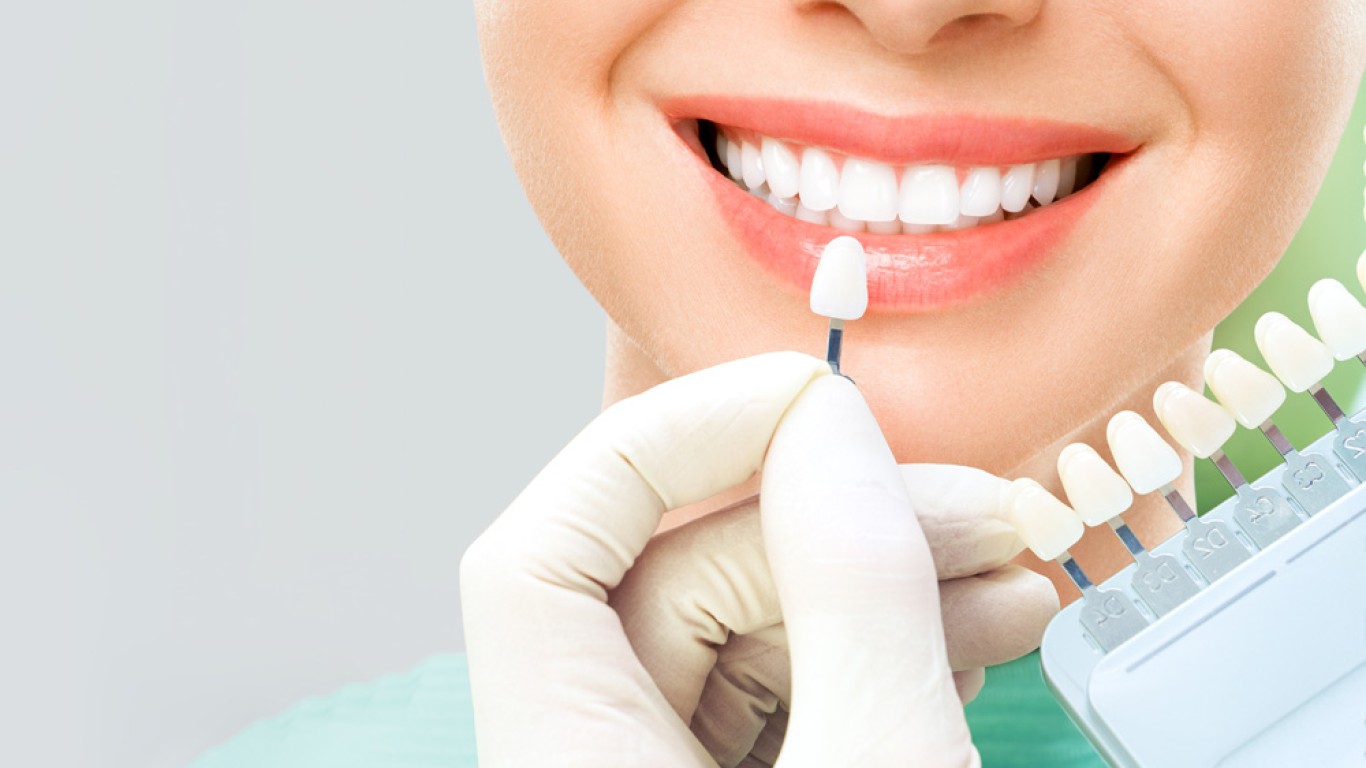Introduction
Veneers are a popular cosmetic dental treatment that enhances the appearance, shape, and colour of teeth. Proper preparation ensures the best long-term results. This guide explains what to expect before getting veneers, from consultations to post-procedure care. Understanding the process will help you feel confident about your smile transformation.
1. Schedule a Consultation with Your Dentist
A dental consultation is the first step in preparing for veneers.
- Discuss your smile goals and expected outcomes.
- Your dentist evaluates tooth health to determine if veneers are suitable.
- X-rays may be taken to assess underlying issues like cavities or gum disease.
- Your dentist explains the types of veneers available, such as porcelain or composite.
- A thorough consultation ensures the right solution for your needs.
2. Ensure Your Teeth and Gums Are Healthy
Good oral health is essential before getting veneers.
- Any existing dental problems, such as cavities or gum disease, must be treated first.
- A professional dental cleaning removes plaque and bacteria.
- Avoid smoking and excessive caffeine consumption, as they may stain natural teeth.
- Maintaining strong enamel supports the long-term success of veneers.
- A healthy foundation ensures your veneers last longer and look natural.

3. Understand the Veneer Preparation Process
The veneer process usually requires two or three visits.
- Tooth preparation involves removing a thin enamel layer for proper veneer placement.
- Impressions or digital scans are taken to create custom veneers.
- Temporary veneers may be placed while waiting for the final ones.
- The final veneers are bonded securely for a flawless, natural finish.
- Being informed about the process helps you feel confident and prepared.
4. Plan for Post-Procedure Sensitivity
Mild tooth sensitivity is common after getting veneers.
- Avoid hot and cold foods for the first few days.
- Use sensitive toothpaste if discomfort occurs.
- Follow your dentist’s aftercare instructions for proper adjustment.
- Any discomfort should subside as your mouth adapts.
- Knowing what to expect prepares you for a smooth recovery.
5. Maintain a Healthy Diet Before the Procedure
Your diet can impact how your teeth respond to veneers.
- Eat a balanced diet rich in calcium and vitamins.
- Avoid acidic and sugary foods, which weaken enamel.
- Stay hydrated and limit coffee, tea, and red wine to prevent staining.
- A healthy mouth ensures strong, long-lasting veneers.
- A well-balanced diet supports dental health and veneer longevity.
Conclusion
Preparing for veneers involves dental consultations, oral health care, and understanding the procedure. Taking steps like treating pre-existing dental issues, maintaining a healthy diet, and planning for post-procedure sensitivity ensures smooth treatment. A qualified dentist will guide you through each stage, ensuring natural and long-lasting results.
For more information and to book a consultation visit the ACIBADEM Beauty Center website.
Frequently Asked Questions
Porcelain veneers last 10-15 years. Composite veneers typically last 5-7 years with proper care.
Regular brushing, flossing, and dental check-ups help keep veneers in top condition.
Yes, veneers are custom-made to match the natural shape, colour, and size of your teeth.
Porcelain veneers are stain-resistant, but natural teeth may stain if proper care isn't taken.
Traditional veneers require enamel removal, making the procedure permanent. However, no-prep veneers may be reversible.














